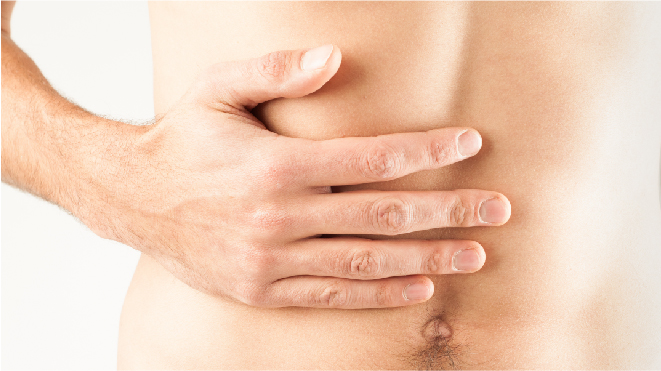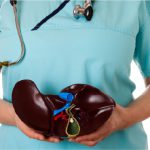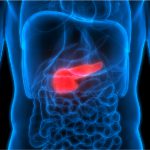Gallbladder cancer as the name suggests, begins in the gallbladder, an organ that stores a substance called bile. To read about gallbladder and gallbladder cancer, click here
What is chemotherapy?
Chemotherapy is the usage of anticancer drugs to restrict the growth and division of the cancer cells. It is usually given in cycles, with each cycle being followed by a rest period for the patient to recover from the side effects. People with cancer are prescribed one or combination of more than one drug at a time. Read more about chemotherapy for gallbladder cancer treatment here
Chemotherapy does not always show successful results in treating gallbladder cancer. 5-fluorouracil (5-FU), a chemotherapeutic drug is given as a prolonged infusion to treat advanced stages of gallbladder cancer with a response rate of about 10% to 24%. Capecitabine is used as an alternative to 5-FU. Gemcitabine is given in combination with cis-platinum and capecitabine to treat early stages of gallbladder cancer.
Drugs in the treatment of gallbladder cancer:
The most drugs used for treating gallbladder cancer in combination with other treatments and as a part of targeted therapy are as follows:
Gemcitabine:
It is an antineoplastic drug which inhibits the growth and division of the malignant cells. Cytidine analog targets the gene mutations and DNA of the cells after intracellular metabolism to active nucleotide. This drug is given intravenously only.
Side effects:
- Flu-like symptoms
- Fever
- Fatigue
- Mild nausea
- Vomiting
- Poor appetite
- Skin rash
- Low blood counts leading to anemia, infections and easy bleeding
Cisplatin:
This anticancer drug is a platinum containing compound that affects the growth of the cells by causing denaturation of double helix in the DNA. It covalently binds the DNA of the cells with preferential binding to N-7 position of guanine and adenine. The platinum complex in the drug activates the bifunctional alkylating agent to aquated form in cell and binds to the DNA, resulting in intrastrand cross-linking and denaturation of double helix.
This affects the growth and division of the cells, eventually killing the cancer. Cisplatin has adverse effects on the kidney and hence the patients have to take a lot of fluids during and after the treatment.
Side effects:
- Severe nausea and vomiting
- Temporary hair loss
- Diarrhea
- Loss of appetite
- Hiccups
- Dry mouth
- Dark urine
- Dry skin
- Dehydration
Capecitabine:
This antineoplastic drug is a prodrug of fluorouracil that forms active moiety after undergoing hydrolysis in the liver and tissues. On inhibiting thymidylate synthetase, it turns blocks methylation of deoxyuridylic acid to thymidylic acid, which interferes the functioning of the DNA.
This restricts the growth and division of the cancer cells in the body. It is often taken orally after 30 minutes of having a meal.
Side effects:
- Severe nausea and vomiting
- Abdominal pain
- Indigestion
- Tiredness/weakness
- Bone, joint and muscle pain
- Skin problems
- Neuropathy
- Sleeping troubles
The above drugs are used alone or in combination with other treatments or drugs for gallbladder cancer. The patients have to take utmost care and have strict follow up in order minimize the impact of the side effects. Read about the follow up of gallbladder cancer treatment here




